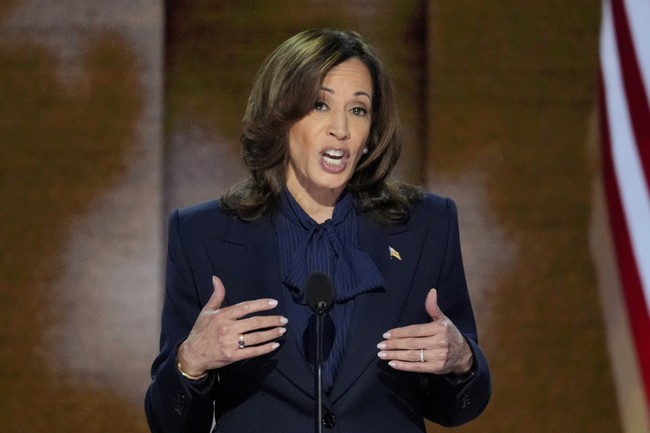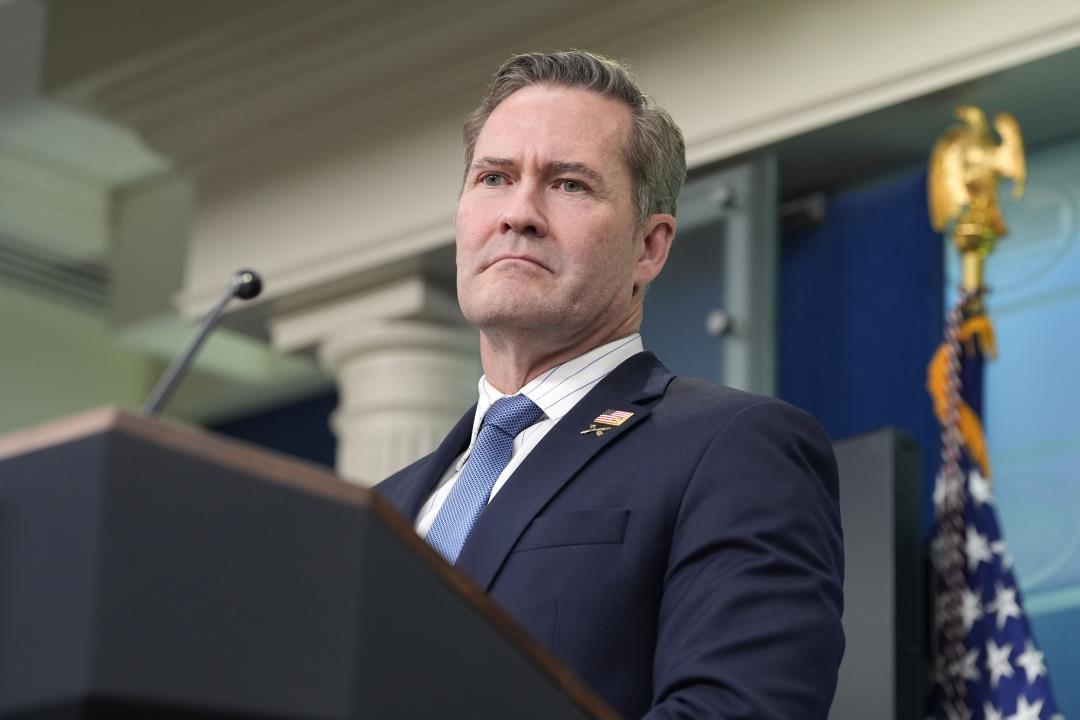Market Reactions Amid Trump's Tariff Announcements
Donald Trump's economic strategies quickly impact global markets as new tariff threats on North American neighbors stir volatility and prompt investor unease.
Published January 22, 2025 - 00:01am

Image recovered from elpais.com.uy
The financial world faced a whirlwind of activity as markets reacted sharply to Donald Trump's reentry into the U.S. presidency and his looming trade policies. Among the primary concerns was Trump's contemplation of imposing a 25% tariff on imports from Mexico and Canada, slated to commence on February 1st. This announcement has significantly impacted the Mexican peso and Canadian dollar, causing the former to drop by 1.3% against the U.S. dollar and the latter to plunge to its lowest in five years.
This revelation unleashed an array of market responses starting from a Monday plunge in the U.S. dollar due to a presidential memo signaling intentions to probe trade issues. Initial relief at no immediate tariff impositions gave way to further tension as details emerged of potential future tariff applications. These surprise policy shifts have introduced a new dynamic, underscoring the volatility of the economic landscape under Trump's administration.
U.S. stock indices experienced a rollercoaster ride, with Nasdaq futures rising by 0.56% and the S&P 500 futures advancing by 0.49%, rebounding from their earlier struggles. Conversely, European stock markets saw mixed results, with some indices such as Germany's DAX slipping by 0.1%, whilst the STOXX 600 showed slight upward movement. However, European carmakers faced pressure, seeing a decrease of about 0.4%, as Trump repealed a prior executive order on electric vehicle sales, highlighting potential concerns over environmental progress.
In addition to the impact on currencies and equities, oil prices also wavered under Trump's new considerations. Brent crude, while briefly rising, ultimately lingered near recent lows, as Trump's strategy involved remaking U.S. oil reserves alongside heightened tariff threats on Canadian and Mexican imports. The energy sector continues to grapple with the unpredictability of policies aimed at boosting domestic production but creating international friction.
Meanwhile, Treasury yields descended slightly by 4 basis points, yet they remain reflective of an economy poised for growth, spurred by past Federal Reserve interest rate cuts. Investors continue to grapple with potential inflationary pressures as Trump's economic plans unfold, accentuated by an aggressive trade stance and the potential for renewed U.S. financial expansion.
Asian markets displayed resilience, with Chinese equities overcoming initial volatility to close higher, despite the looming threat of tariffs on Chinese exports contingent on cooperative agreements regarding U.S. ownership stakes in technology firms. Hong Kong's Hang Seng and Japan's Nikkei indices, among others in the Asia-Pacific region, reflected the broader global dichotomy between growth optimism and geopolitical unpredictability.
Amidst these developments, Trump's inauguration speech maintained a focus on reversing trade deficits with the EU, utilizing possible tariffs or ramped-up energy exports to achieve such objectives. While this suggests a realignment towards economic nationalism, many are concerned about the broader implications of such protectionist measures on global trade dynamics.
Investor sentiment is divided over the strategic direction charted by Trump's initial hours in office. The potential for elevated uncertainty and volatility remains, alongside expectations of pragmatism in executing his ambitious trade and economic agenda. Trump's approach to international trade, encapsulated by pending tariff decisions, remains a focal point for market participants wary of its broader implications.
With cyber currencies such as Bitcoin experiencing a pullback post-inauguration, broader financial markets are poised for waves of adjustment as Trump steers his second administration. Observers anticipate further policy announcements that could impact investor behavior and economic forecasts well into 2025, reshaping the landscape of international markets under the aegis of Trump's economic philosophy.







